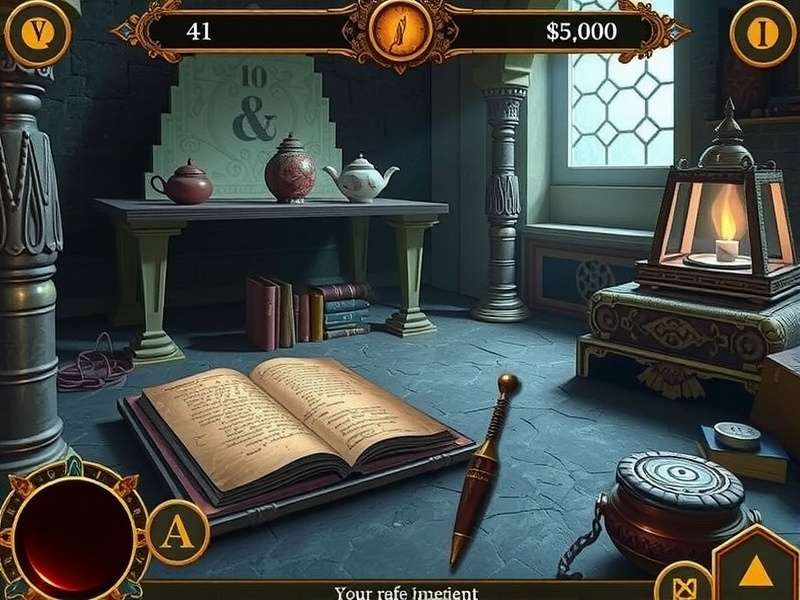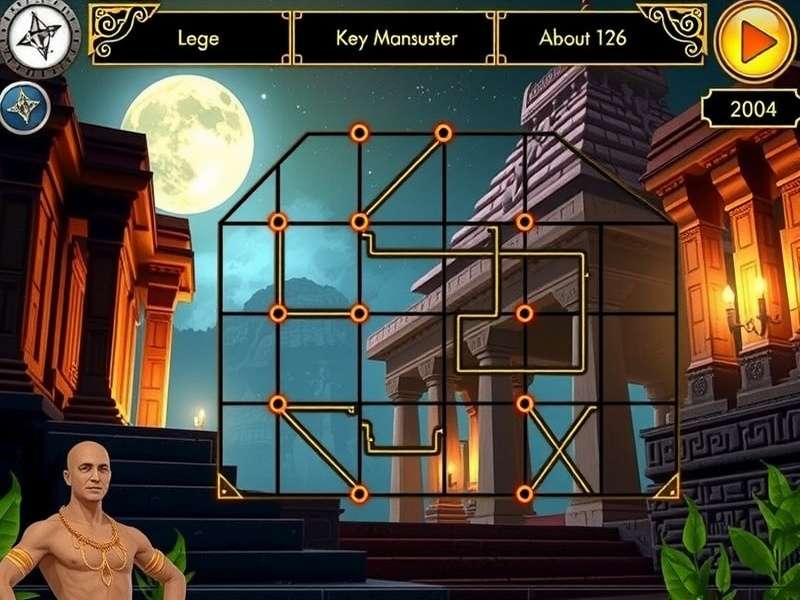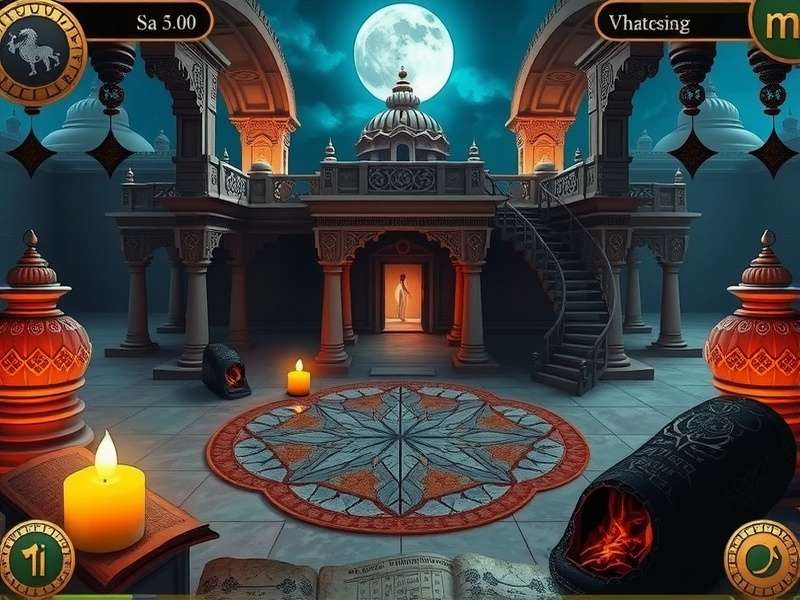Story & Narrative ?
Main Plot
The narrative of Moonlit Enigma Explorer follows the journey of a young historian who discovers an ancient manuscript hinting at a lost civilization that possessed advanced knowledge of astronomy and mathematics. As the protagonist delves deeper into this mystery, they uncover connections to contemporary events that suggest the ancient civilization's legacy continues to influence the modern world.
The story unfolds across multiple chapters, each set in a different region of India with its own cultural significance and mythological associations. From the Himalayan monasteries to the coastal temples of Tamil Nadu, players encounter a diverse cast of characters who each hold pieces of the overarching puzzle.
Themes and Symbolism
Moonlit Enigma Explorer explores themes of knowledge preservation, cultural continuity, and the relationship between past and present. The game uses moonlight as a central metaphor for illumination and understanding, representing the gradual revelation of truth as players progress through the story.
Symbolism drawn from Indian philosophy and spirituality permeates the narrative, with concepts like dharma, karma, and maya influencing both the storyline and gameplay mechanics. These elements are presented in an accessible manner that respects their cultural origins while making them relevant to the game's contemporary setting.
The narrative structure of Moonlit Enigma Explorer reflects traditional Indian storytelling techniques, with nested stories and philosophical digressions that enrich the main plot. This approach creates a layered narrative experience that rewards attentive players with deeper insights into the game's themes and characters.

Branching Narrative
One of the most praised aspects of Moonlit Enigma Explorer is its branching narrative system. Player choices genuinely impact the story's direction, with multiple endings available based on decisions made throughout the game. This non-linear approach to storytelling encourages replayability and allows players to experience the narrative from different perspectives.
The game's dialogue system incorporates contextual awareness, with characters remembering previous interactions and adjusting their behavior accordingly. This creates a sense of organic character development and makes the game world feel responsive to player agency.

